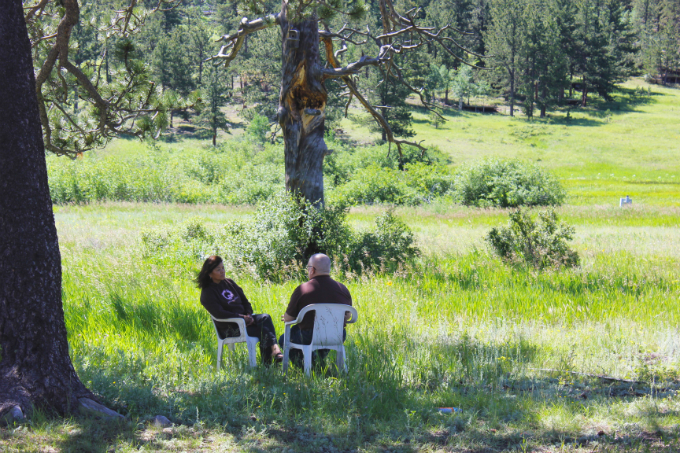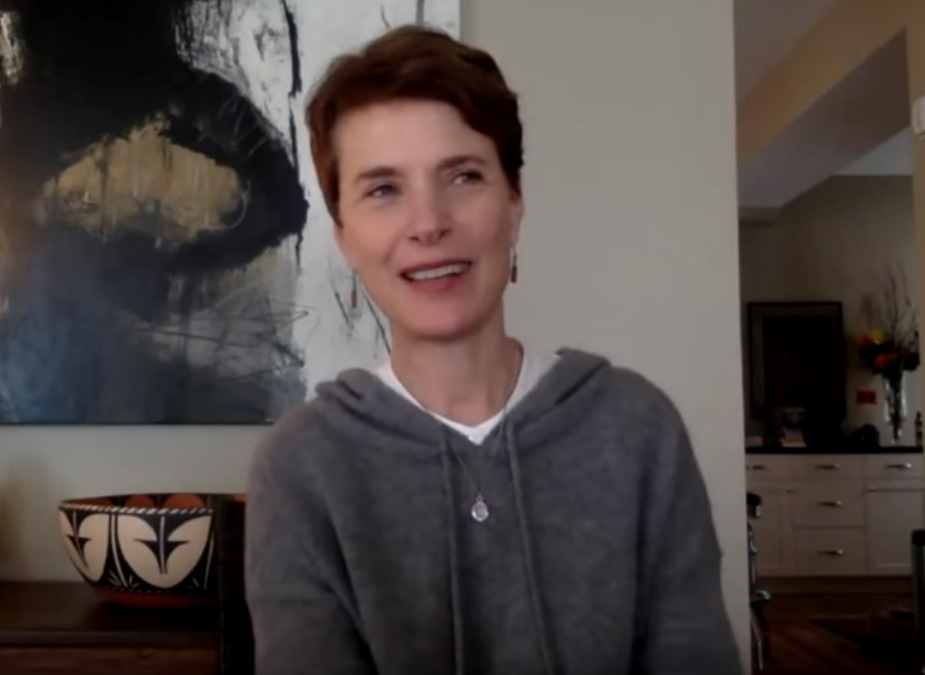A Peek into Our Personal Styles of Relating with Conflict
If we pay attention to our lives, we may find that conflict is unavoidable, perhaps even natural. And, if we are like Zen teacher Diane Musho Hamilton, we may go so far as to say that if we learn to get curious about conflict, we can discover great creative potential in the flames of this energy.
Hamilton teaches that there are *three basic styles of relating to conflict:
- Avoidance — which has to do with moving away from these situations
- Accommodating — which has to do with adapting to whomever is dissatisfied in order to smooth things out
- Aggressive — which is the competitive approach of fighting for one particular side
Interestingly, these three main styles correspond to the Buddhist notion of the three poisons — which are the basic habitual styles of thinking and behaving which cause suffering for ourselves and others.
The three poisons are passion, aggression, and ignorance — which correspond, respectively, to the accommodating, aggressive, and avoidance styles of relating to conflict. (*Note: she also presents a fourth style — passive aggressive — which is a mix of ignorance and aggression)
The good news is that each of these styles has a wisdom aspect which is worth cultivating. Indeed, it can be useful and necessary to learn when and how to move away from certain conflicts, empathize with people who are engaged in conflict, and deliver clear arguments for ideas we feel strongly about.
Of course, as with all actions, if we are simply acting out these styles habitually, we may not be helping things along. Most likely, we are adding to the confusion and negativity of the situation.
The path is to become more aware of our tendency towards each of these styles, and begin to cultivate the ability to discern what approach is helpful in various situations.
If this seems like a fruitful train of inquiry for you, I invite you to listen to a brief introduction to this topic from Diane Musho Hamilton by clicking here.
And to go further, you can check out this video.
And, to really work with these teachings, you can come to Shambhala Mountain Center June 17-21 and participate in the four day retreat that Diane is leading on this theme.
Shambhala Mountain Center hosts Everything is Workable: Transforming Everyday Conflicts into Creative Opportunities with Diane Musho Hamilton, June 17-21, 2016 — click here to learn more
About the Authors




